In a unanimous but narrowly crafted decision, the US Supreme Court ruled on Thursday that employers must make reasonable accommodations to religious practices and beliefs unless it would “result in substantial increased costs in relation to the conduct of” business operations. This represents a significant redrawing of the line of accommodation from “de minimus” cost in Trans World Airlines v. Hardison.
The plaintiff, Gerald Groff, was a US Postal Service employee. The USPS has a contract with Amazon to deliver packages on Sunday. Groff is described as an Evangelical Christian and refused to work on Sundays. Groff attempted to work with management to take extra shifts on non-Sabbath days. This, according to management, was unworkable and caused conflict in the workforce. Groff received several disciplinary letters and eventually resigned before filing suit.
I don’t think we can do a happy dance over this decision. In my view, just like the vaccine mandates forced people of faith to choose between taking a COVID shot and losing their livelihood, this ruling enables employees hostile to religious practice to create an environment where a person can be fired because of their religious practices.
Alito then sent Groff’s case back to the lower courts for more proceedings. Because the U.S. Court of Appeals for the 3rd Circuit had relied on the “more than de minimis cost” standard, he wrote, it may have overlooked other possible accommodations, such as “the cost of incentive pay, or the administrative costs of coordination with other nearby stations with a broader set of employees.” The lower courts, he indicated, should apply “the clarified context-specific standard” that the court had outlined on Thursday.
Sotomayor, joined by Jackson, wrote separately to note that although Groff had asked the justices to hold that the employer must show “undue hardship to its business” from accommodating an employee’s religious practices, the court on Thursday had indicated only that the employer must show “undue hardship on the conduct of the employer’s business” – which, Sotomayor emphasized, could include burdens on the business’s employees. “Indeed,” Sotomayor stressed, “for many businesses, labor is more important to the conduct of the business than any other factor.”
Under this guidance, Groff’s colleagues could create the fact set needed to fire Groff simply by refusing to cooperate with the employer’s attempt to accommodate him.
You only have to look at the history of the Masterpiece Cakeshop case to see how this is going to play out. In that case, Chief Justice John Roberts wrote a very narrow ruling that basically encouraged Colorado officials not to keep records of their decisions. That encouraged the state to launch a jihad against Jack Phillips and cause him to be targeted by anti-Chrisitan homosexualists, though I repeat myself; see The Masterpiece Cakeshop Decision Is More of a Dire Warning Than a Cause for Celebration, and Only Bakery in Colorado Again Under Attack by Anti-Christian Activists.
This is, at best, a half-loaf decision. Not to say that is totally bad because other cases, like the Kennedy case (The Bigoted Anti-Religious Left Loses Its Mind and Any Integrity It Had Over SCOTUS’ Kennedy Decision), have gradually eliminated the dodges that the left uses to force people of faith from the public square. Still, Justice Alito had an easy option available to him and elected to write a too-cute-by-half John-Roberts-esque decision that will only create more hardship and litigation over the issue.
Full Decision
Groff vs. Dejoy by streiff at redstate
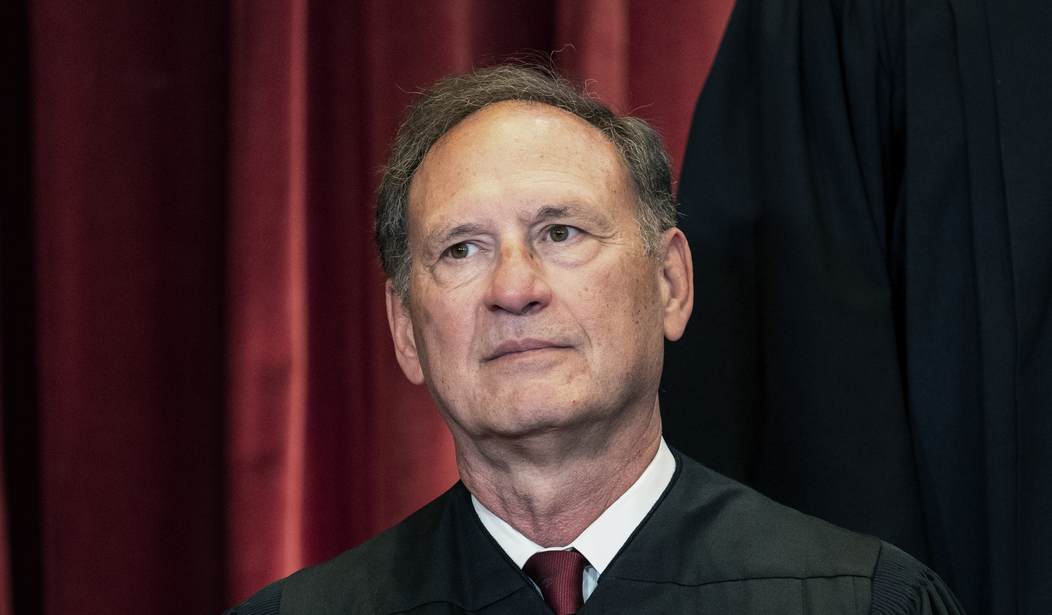

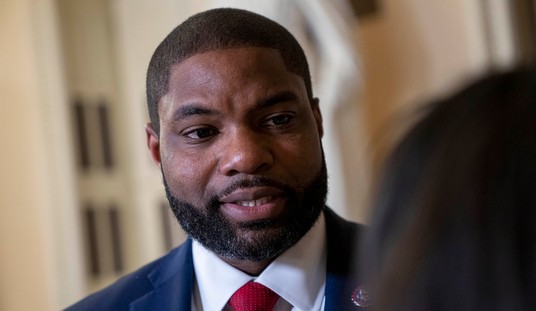


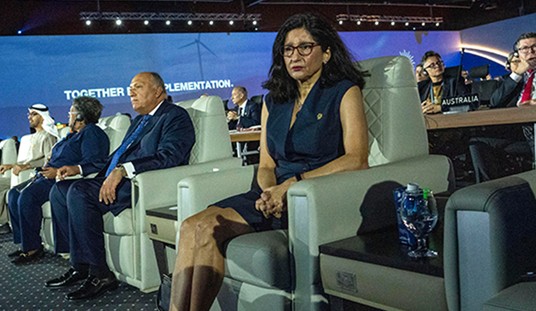
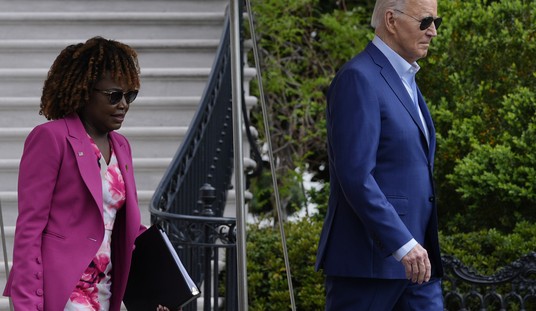
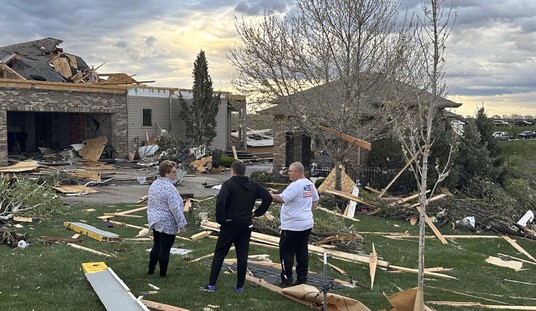

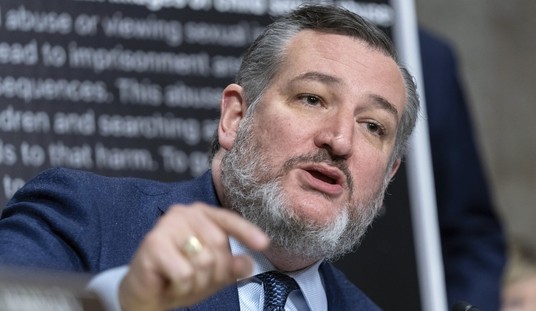


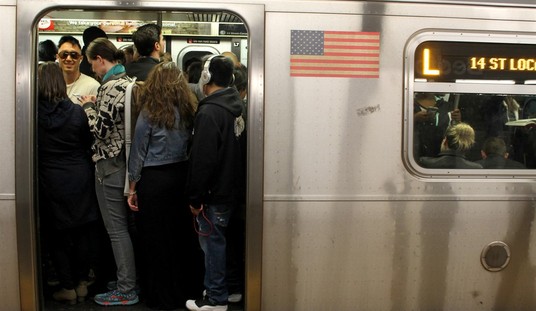

Join the conversation as a VIP Member